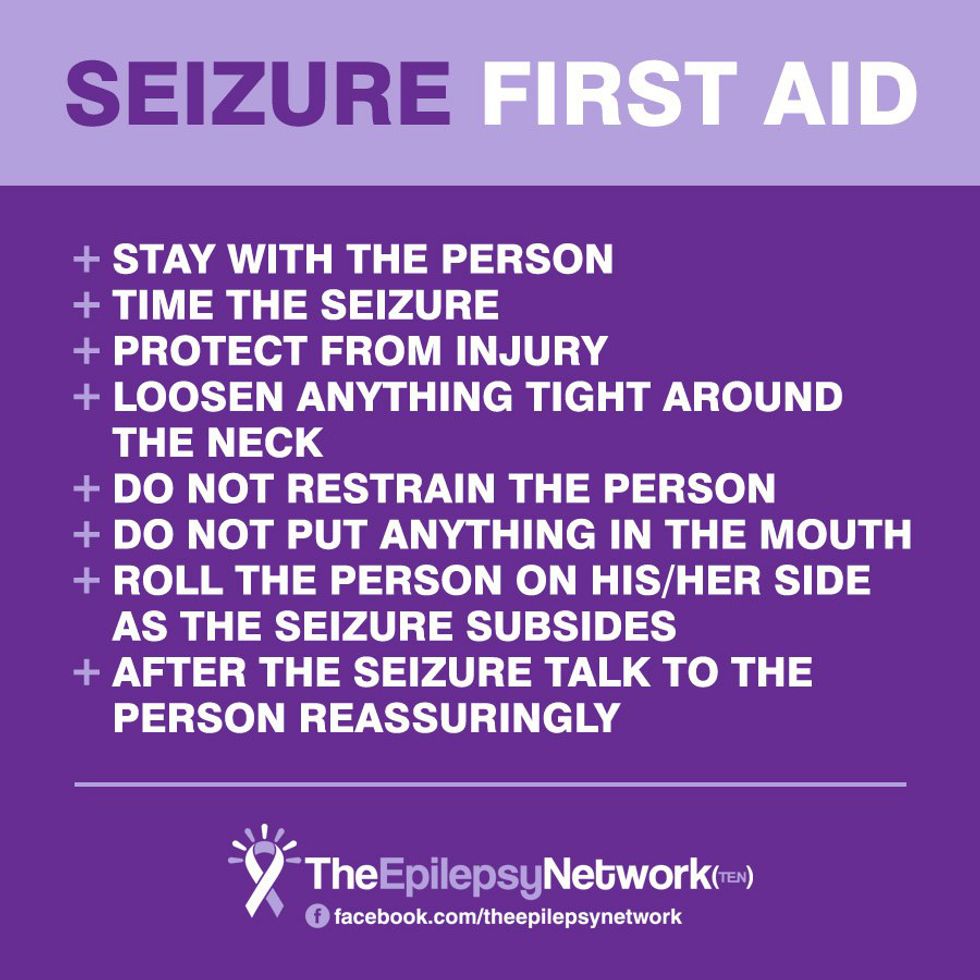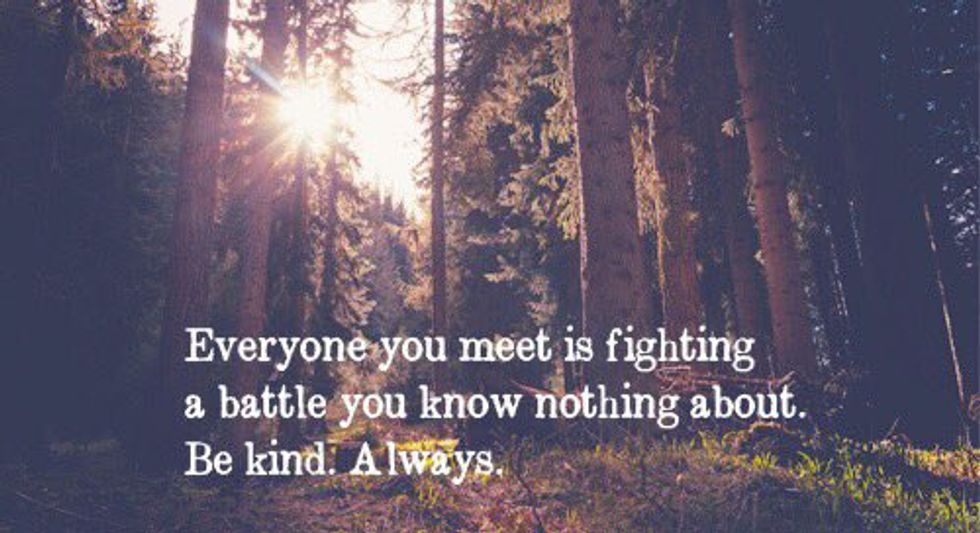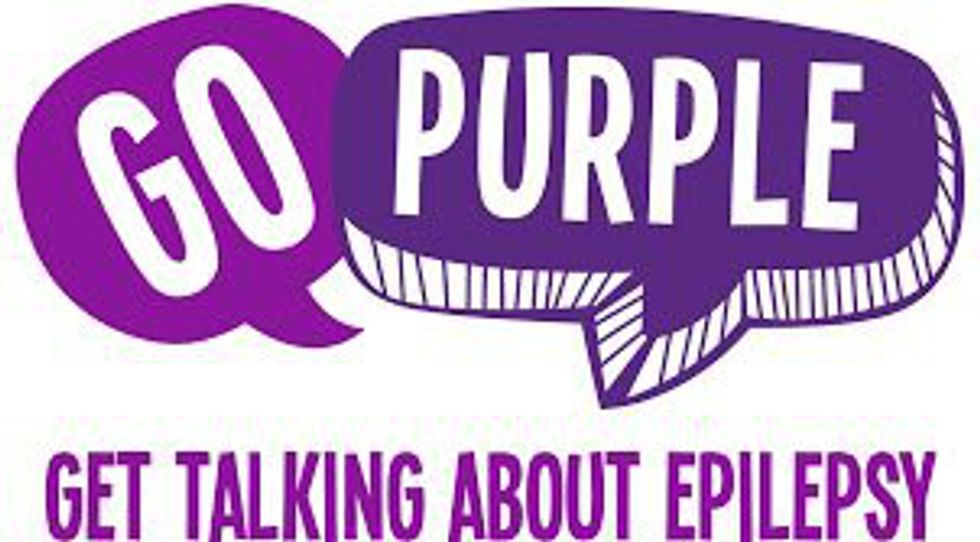I do not personally suffer from any kind of chronic illness, disability, impairment, or condition. Never have I experienced the loss of my independence, mobility, or any other disruption of a "normal" life.
However, my father's illness has affected my life and the lives of my family members. When I was seven, my father began having seizures. Life abruptly changed for my father and my family in the course of just one day, and the cause of the illness remains unknown, even after 13 years. The ways in which life was altered for my family seem nearly inexplicable. Day-to-day challenges, struggles, and difficulties arose that many people did not understand or did not know about. Thirteen years later, many of these struggles are still unknown and misunderstood by many. My mother became a caregiver to more than just her children. My father could suddenly have a seizure anywhere and at any time. My dad is fortunately able to determine when he is going to have a seizure due to warning signs and symptoms. This gives him time to prepare and get to a safe place. This is something to be thankful for in a grim situation, but due to his caution and attention to his symptoms, my dad went from being a regular working man to a working man with a seemingly undetectable illness.
According to the Partnership to Fight Chronic Disease, more than half of all American adults (133 million people) deal with a chronic condition on a daily basis. Nearly 1 in 5, or 20 percent, of people in the U.S. have a disability, according to the U.S. Census Bureau. Epilepsy, the seizure disorder that my dad suffers from, affects more than 3 million Americans according to C.U.R.E. Epilepsy (Centers United for Research in Epilepsy). This means that one in every 26 people will be diagnosed with epilepsy within their lifetime.
A vast number of illnesses, disabilities, impairments, and conditions cannot be seen at a mere glance. Those who suffer from these often do their best at hiding any debilitation. Families may also not discuss everything involved with these issues. I personally didn't talk about my father's illness for many years. Even those closest to me never knew about my father's condition and my family's situation until recently, and I am still very selective about what I choose to share.
Fibromyalgia, arthritis, chronic fatigue syndrome, diabetes, lupus, multiple schlerosis, post-traumatic stress disorder (PTSD), bi-polar disorder, and Chron's disease are just a few of the various seemingly "invisible" illnesses. Though someone may appear to be healthy, this may not be the case. The individual may be able to isolate themselves to take care of or deal with difficulties that arise, or their symptoms may not be visible at all. This makes accommodation and awareness for these conditions extremely difficult, which is already an incredibly challenging and difficult feat for those with visible conditions.
There is much to be learned through these numbers and facts. Empathy, our ability to identify with or understand someone else's situation, is our most important, useful, and helpful quality as human beings. An entire world of understanding and compassion can be found through the negatives of chronic illness and invisible illness. With understanding, a new outlook and appreciation for the small details in life and the people in one's life can be found; either by the individual experiencing the illness or the family members and friends affected by it.
In an ironic way, I'm thankful for the illness in my family. Although my family is faced with daily struggle and worry over my dad and the fact that he can never lead a "normal" life, dealing with his illness for the majority of my life has taught me how to appreciate what I have, to be optimistic and positive, and that anything can change at any moment. Don't take life for granted. Don't take people for granted. Don't take your health for granted. Find the beauty in bad situations, and try to understand others' situations. You never know what someone else is going through, so exercise your empathy. Life is fleeting. Anything can change in just one day.
For more information on how to deal with disabilities and chronic illnesses, visit: http://themighty.com/2015/07/5-ways-to-support-a-l...
Seizures can be extremely frightening, especially if you don't know how to recognize one or care for someone who is having one. For more information on epilepsy awareness and seizure safety, visit: http://www.epilepsy.com/learn
























